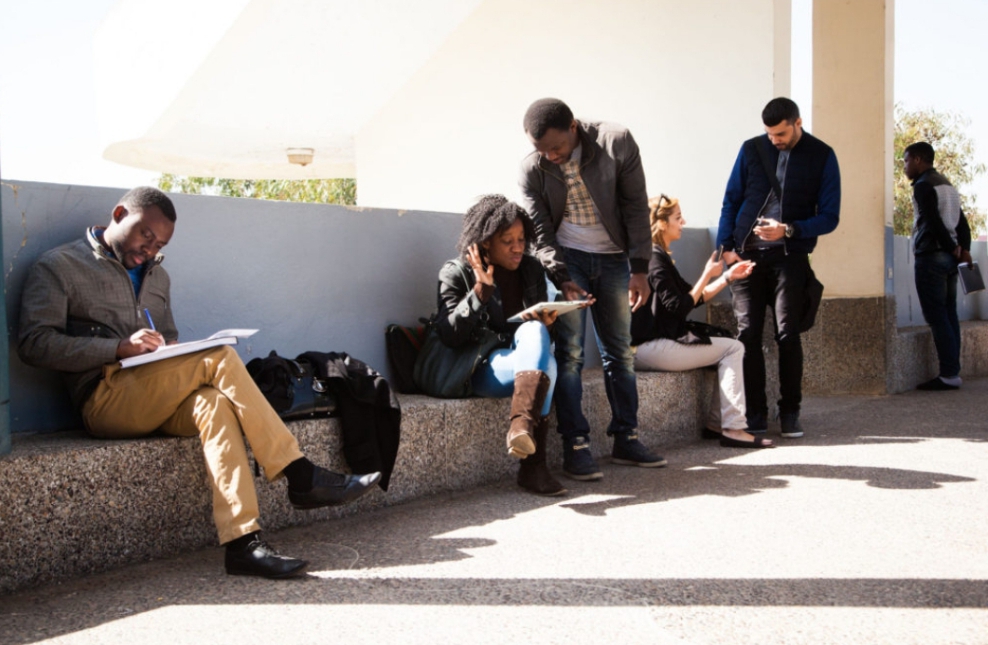Australia Limits International Foreign Student Enrollments To 270,000

The Minister of Education for the Australian government, Jason Clare
has announced plans to curb the number of foreign students starting courses each year at 270,000 from 2025, a move set to impact a multi-billion dollar industry as the government face mounting political pressure on immigration.
Explaining at a news conference on Tuesday, Jason stated that the changes that will see new international student enrollments for universities, higher education, and vocational training is capped at the proposed limit and that legislative would be required to implement the new plan.
“This will mean that some universities will have more students this year than next year. Others will have less,” He said.
Nigerians have taken the advantage of global immigration window to seek foreign education and skilled workers migration in what has been renowned as ‘japa’ which means to relocate.
Many Nigerian trained medical, technology, engineering other experts, including teachers have embraced the ‘japa’ option to seek the proverbial greener pasture overseas.
However, while some take lawful routes to these countries, part of which the United States, Canada, United Kingdom and Australia are top choices, others choose irregular channels that ended in lamentations, even death, in some cases.
However, the number of international student visas granted in the fiscal year ending June 30, 2023, exceeded 577,000, according to official data.
The new policy aims to bring foreign student numbers back to pre-COVID-19 levels.
The 2025 cap will allocate 145,000 spots for university students, 30,000 for other higher education providers, and 95,000 for vocational education and training.
The decision marks a shift away from the previous policy, which prioritised students considered to be at low risk of visa non-compliance. This system had favoured top-ranked universities while significantly slowing down visa approvals for other institutions.
Chair of Universities Australia, David Lloyd, responded to the news by acknowledging the government’s authority to manage migration but stressed the economic significance of the education sector.
“We acknowledge the government’s right to control migration numbers, but this should not be done at the expense of any one sector, particularly one as economically important as education,” Lloyd stated.
He emphasised the critical role of international students in the Australian economy, noting that the sector was the country’s second-largest industry after mining.
“Every dollar from overseas students is reinvested back into Australia’s universities. Having fewer students here will only widen the funding gap at a time universities need greater support,” he added.
Prime Minister Anthony Albanese also recognised the importance of the international education sector, calling it “absolutely vital” for Australia.
However, he cautioned against universities becoming too dependent on overseas students, citing concerns about migration.
The announcement came amid growing public sentiment linking immigration to rising house prices.
According to an Essential poll published by The Guardian, about 69 percent of Australian respondents attributed high housing costs to immigration.
The poll also showed a nearly even split in public opinion on immigration, with 42 percent viewing it as “generally positive” and another 42 percent seeing it as “generally negative.”
Australia’s net migration surged by 26.3 percent in 2023, with 751,500 people arriving and 204,200 departing, resulting in a net gain of 547,300 people, official figures indicate.
The government is also taking steps to protect the international education industry from exploitation. Education Minister Clare disclosed that more than 150 “ghost colleges” had recently been shut down.
These institutions were described as “a back door” for individuals to work in Australia rather than pursue genuine educational opportunities.
Follow us for more